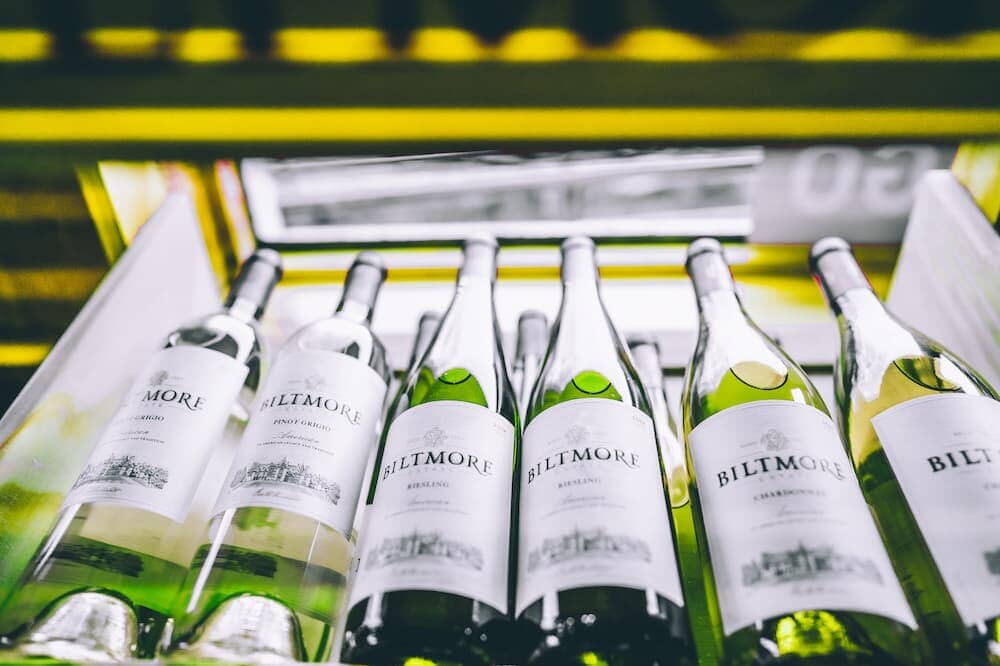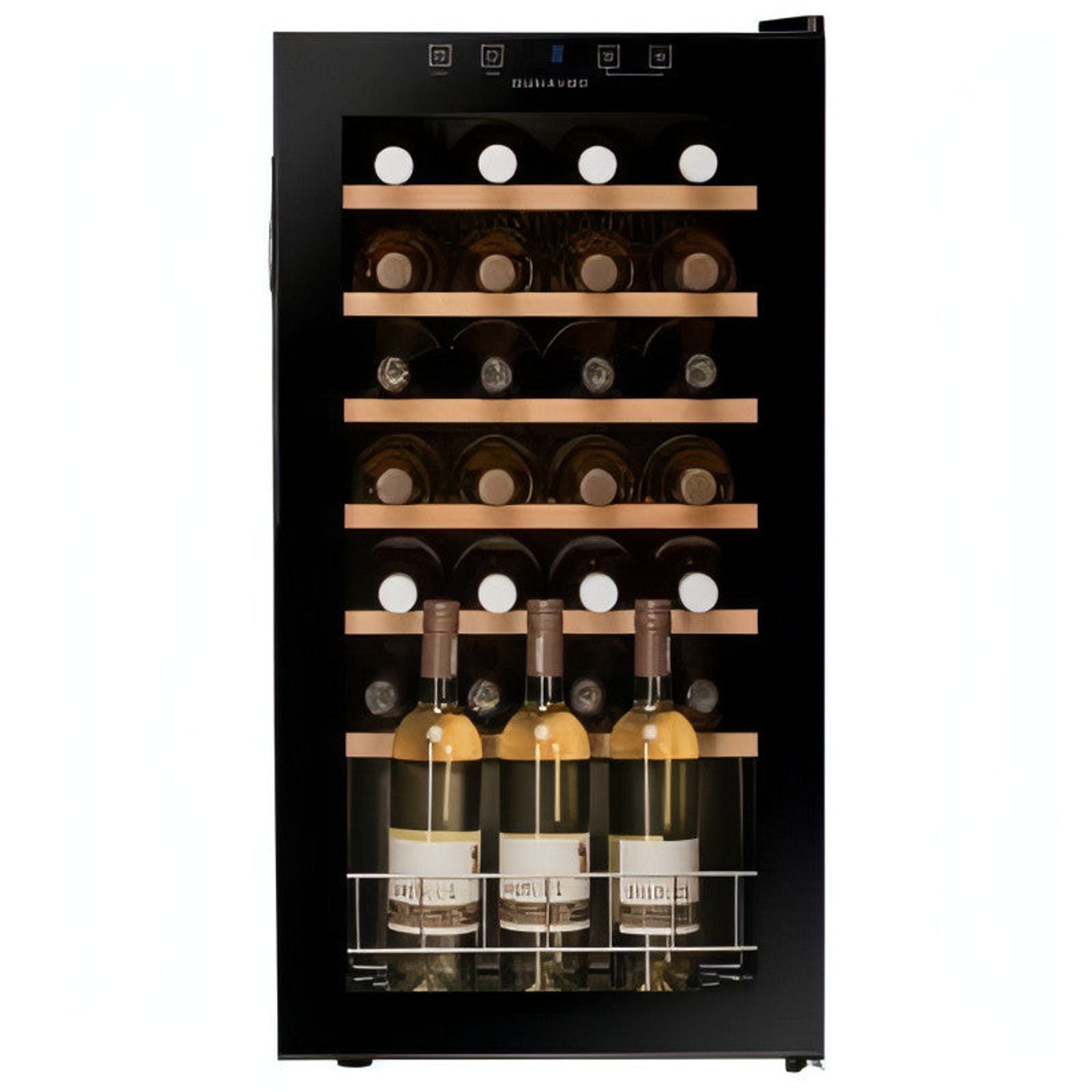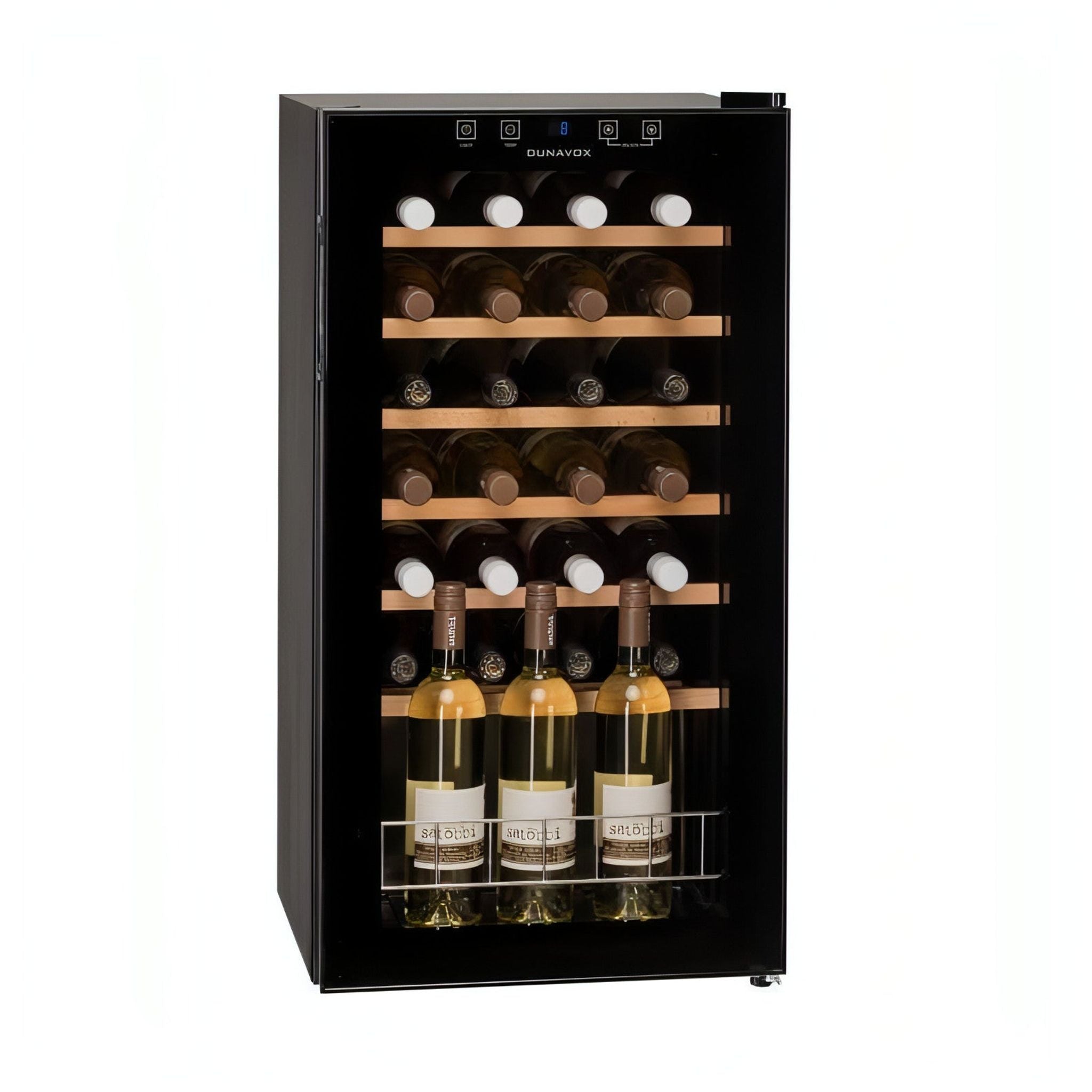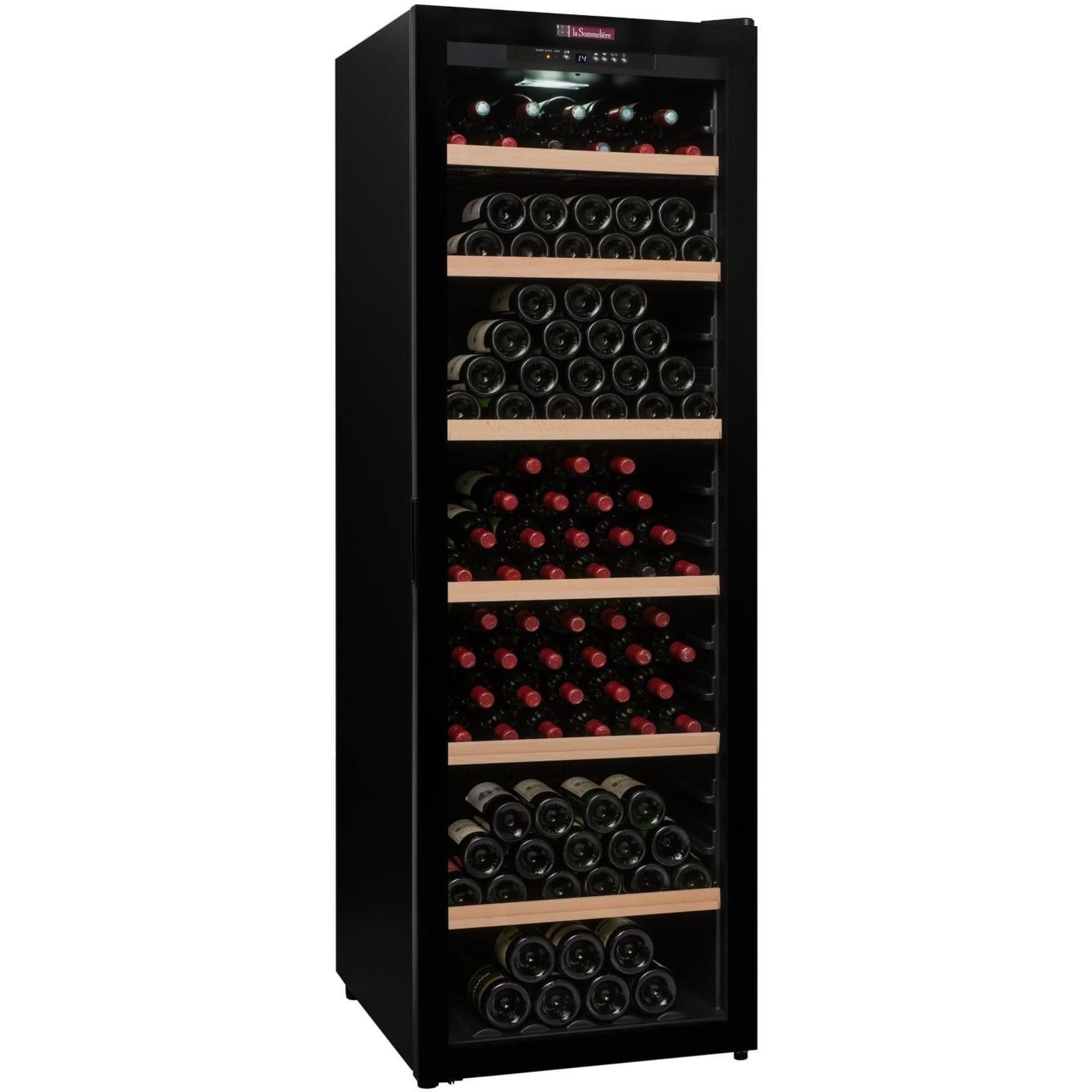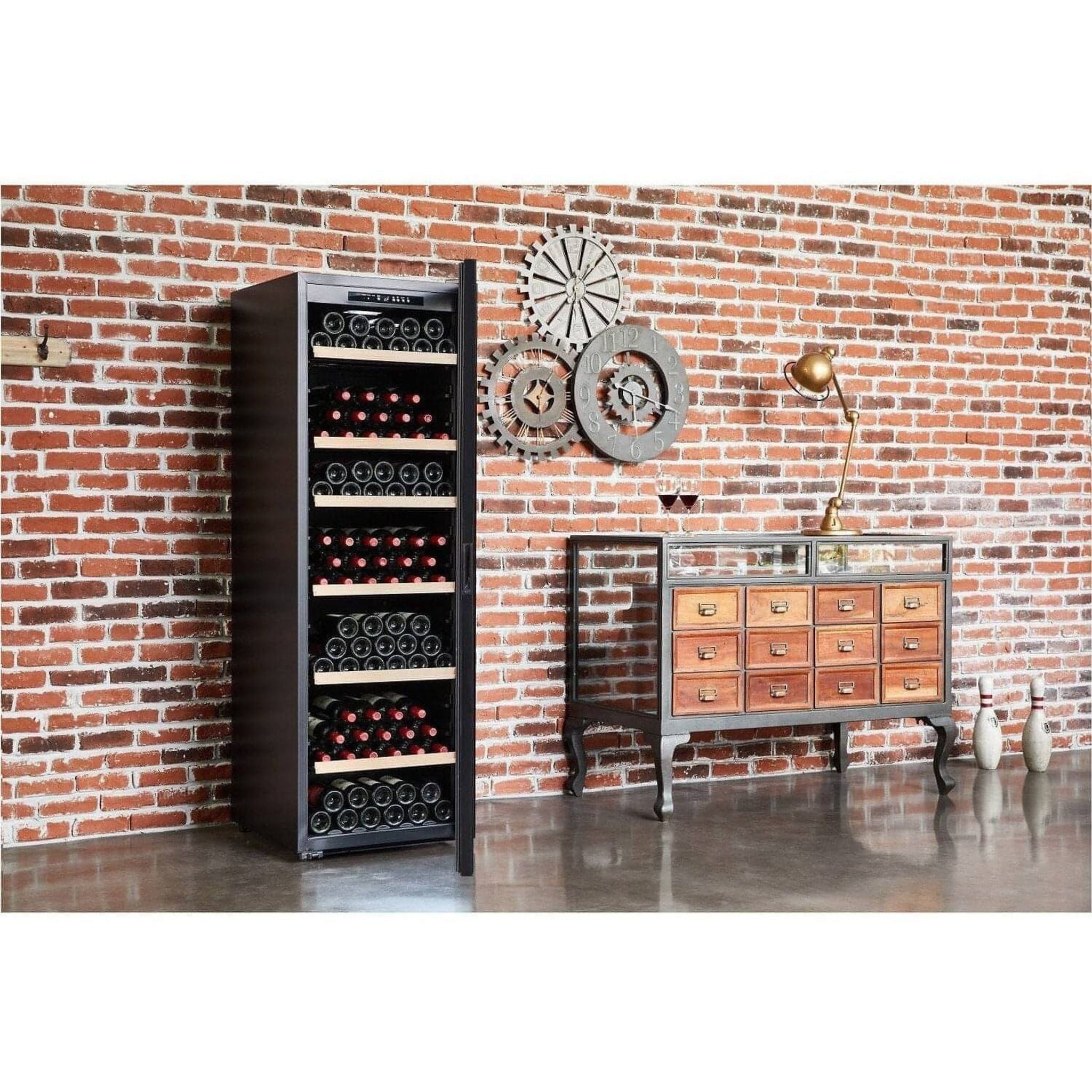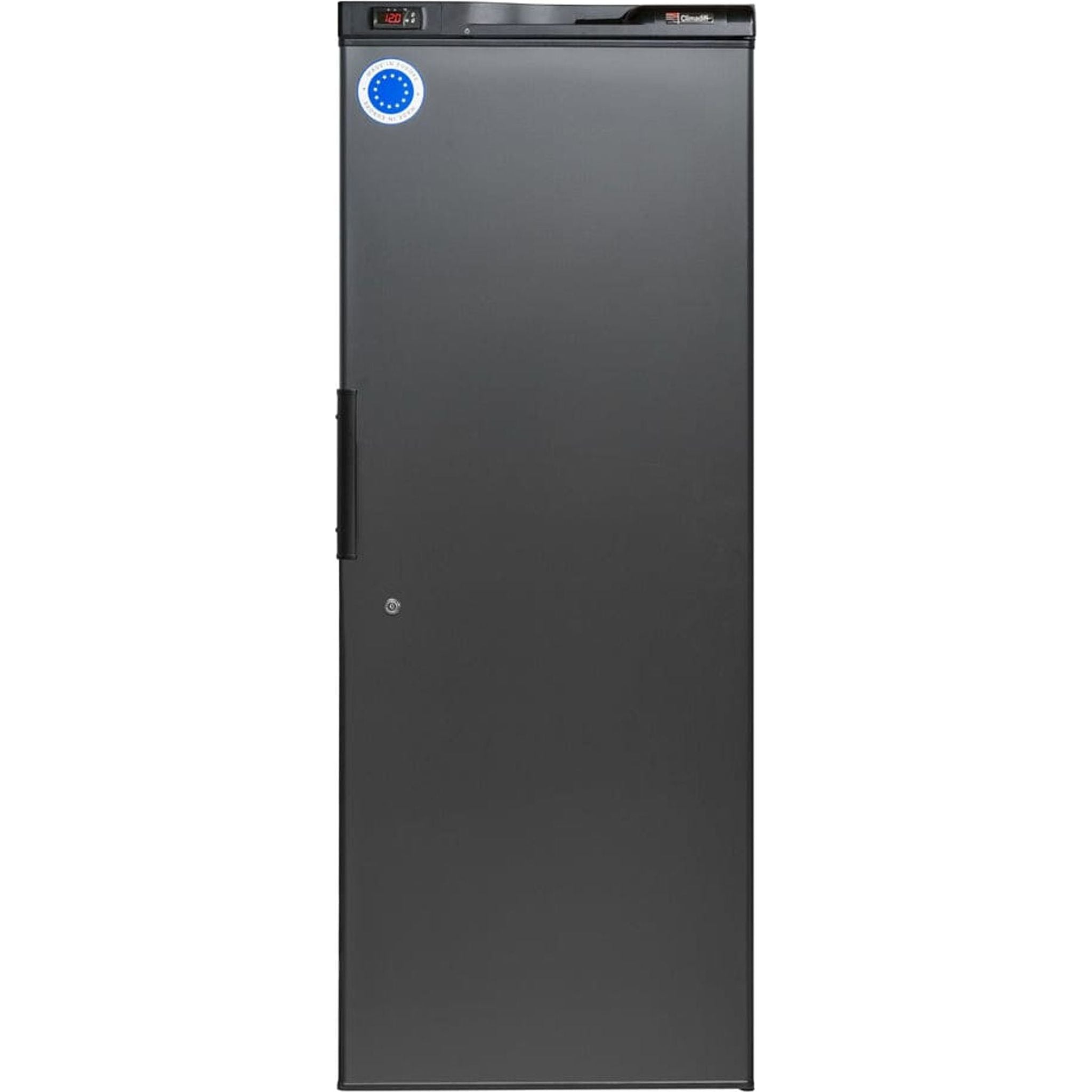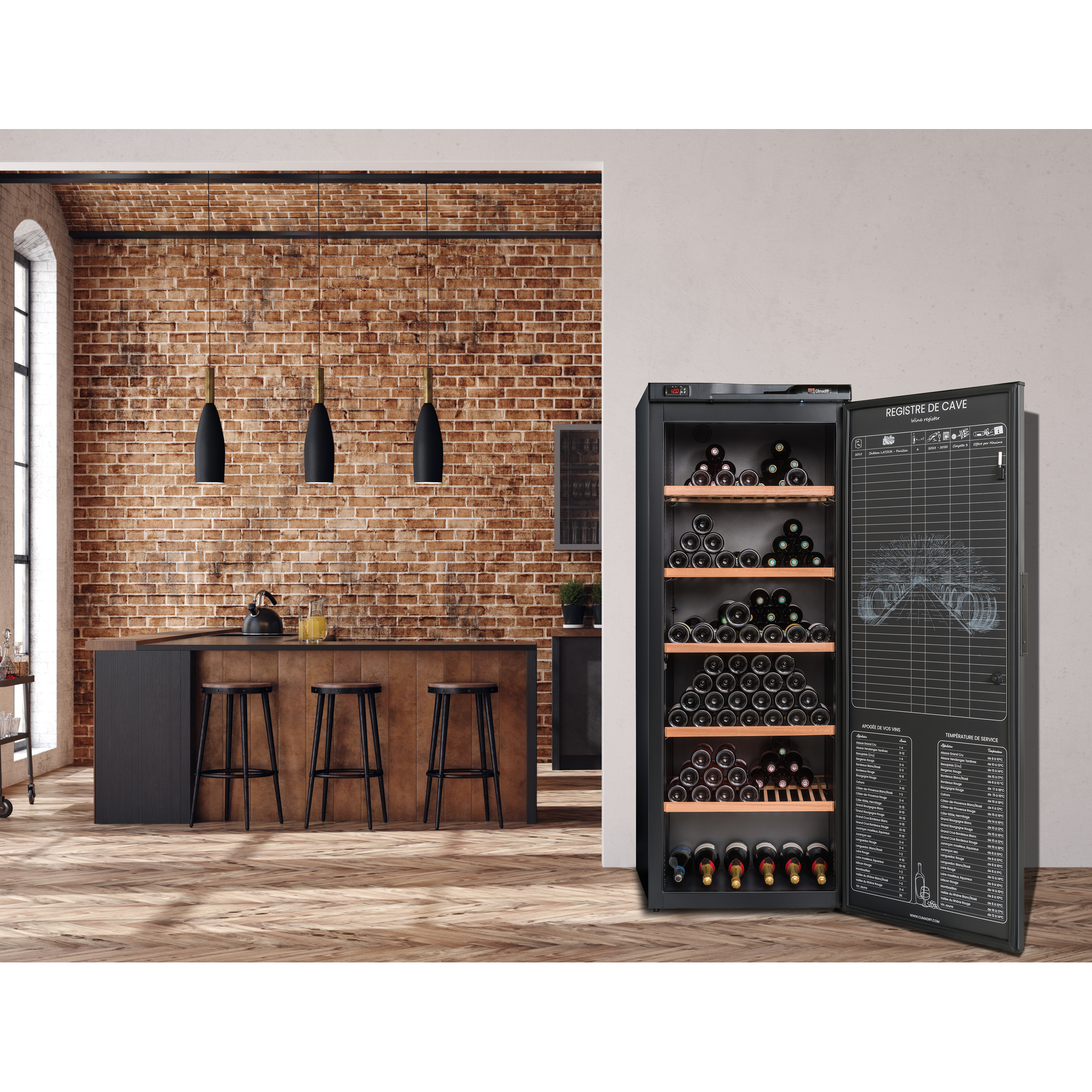If you’re planning on purchasing a wine cooler, it’s important to know about thermoelectric and compressor wine coolers.
You may think that wine coolers all use the same technology, but this isn’t the case- thermoelectric and compressor coolers have their own pros and cons.
Which will reduce vibration noise? Which is the cheaper option? And which is better for the environment?
Keep reading to learn exactly what thermoelectric and compressor wine coolers are, and what their pros and cons are before you purchase a wine cooler.
What Is A Compressor Wine Cooler?
A compressor wine cooler works in a similar way to a regular refrigerator - however, it operates on a smaller scale.
The vapour compression cycle is used to remove the heat from inside the unit, keeping it as cool as it should be.
A vapour compression refrigeration system uses the same sort of technology found in air conditioners - it uses a coolant gas (also known as refrigerant) to move the heat from the inside of the unit to the outside of the unit.
The cool air that the evaporator produces passes through an aluminium panel, radiating the cool air into the interior of the cabinet, ensuring that the temperature remains low.
You’ll find some models that use fans to circulate the air. Coolers with fans are more likely to have a constant and even temperature throughout the unit.
If you’ve ever owned a wine cooler, chances are, it was a compressor wine cooler - as this type of wine cooler is the most used option.
However, in 2021, more people are opting for thermoelectric options. Read on to learn about thermoelectric wine coolers, and how they compare to compressor wine coolers.
What Is A Thermoelectric Wine Cooler?
Thermoelectric wine coolers operate very differently from compressor coolers. The process used by thermoelectric coolers is based upon the Peltier effect.
The Peltier effect is essentially the cooling of one space and the heating of another where the electric current is kept steady in a circuit consisting of different conductors.
To keep thermoelectric coolers cool, electric currents are sent through two pieces of joined metal.
The sides are made from different materials, which creates a heat flux - enabling the heat to flow from one side to another.
This process leaves one side getting hot, and the other cold. Heat leaves the hot side via a heat sink - stacks of aluminium fins pass the heat out, dissipating it into the air.
This type of wine cooler involves a Peltier plate, a heat sink made using aluminium fins, and a heat pump.
Although the process may sound complicated, it’s a relatively simple system.
This allows multi-temperature wine coolers to maintain two or three separate temperatures within the unit, enabling you to store reds, whites, and sparkling wines at different temperatures.
Compressor Vs Thermoelectric
Compressor wine coolers and thermoelectric wine coolers may both keep wine at cool temperatures but are very different, and each have their own pros and cons.
Compressor Coolers Can Reach Cooler Temperatures
Although you may find some that do, the majority of thermoelectric coolers won’t cool below 10°C, which means you won’t be able to reach the optimal serving temperatures for sparkling wines such as Prosecco and Champagne.
Thermoelectric coolers will also struggle to operate in warmer conditions - they aren’t recommended for use in temperatures warmer than 26°C.
This is because of the Peltier device used - it’s not capable of generating great heat flux, and isn't capable of cooling higher temperatures.
Compressor coolers are more suitable for operating in warmer conditions and can do a great job of cooling wines in a warm environment, getting them as cool as they should be.
Compressor Coolers Are Cheaper To Operate
Adding any kitchen appliance can be worrying when it comes to utility bills. If you’re on a budget, then it’s generally best to look for compressor wine coolers instead of thermoelectric wine coolers.
Looking at the specifications alone, you most likely won’t see how compressor coolers are cheaper to operate.
However, once you learn that thermoelectric coolers are on all the time, then you’ll understand why.
Compressor coolers, on the other hand, cycle on and off to maintain cool temperatures - similar to the system a kitchen fridge uses.
Compressors aren’t constantly drawing power, which means your energy bills are certain to be lower than if you use a thermoelectric wine cooler.
As thermoelectric coolers require a constant flow of power, they are more likely to break down and need replacing sooner than compressor wine coolers, which can also be costly.
We mentioned previously that thermoelectric coolers struggle to operate in warmer climates, and it takes more energy to bring the temperature down from high temperatures, which will likely see an increase in your energy bills.
Although this won’t affect you in the winter, it’s something to consider in the warmer seasons.
Thermoelectric Coolers Are Better For The Environment
Although thermoelectric coolers may cost more to operate, they are generally better for the environment.
Any cooling unit that uses vapour compression refrigeration (including compressor wine coolers) uses a chemical coolant to move the heat out of the unit.
Historically, compressor coolers and fridges used ammonia - which is now known to be highly toxic.
When ammonia stopped being used, Freon became the next best thing. This is a chlorofluorocarbon which is very harmful to the environment and damages the ozone layer.
In 2021, more and more companies are manufacturing substitutes for these refrigerants, so most compressor coolers you’ll see on the market today are far better for the environment than Freon and ammonia.
However, refrigerants still emit greenhouse gases which contribute to global warming.
Refrigerants are also hazardous chemical waste, and fridges often aren’t disposed of correctly.
Thermoelectric wine coolers don’t use any harmful chemicals and don’t release any harmful emissions, making them an environmentally friendly option.
Thermoelectric Coolers Are Quieter
When you’re enjoying a quiet glass of wine after a long day at work, the last thing you want is an annoying humming in the background.
Thankfully, thermoelectric wine coolers don’t require moving parts so are pretty much silent.
The fans will only make a humming noise if the cooler isn’t level, or if the fans are obstructed.
On the other hand, compressor coolers are similar to fridges, which can be noisy.
If you’re interested in purchasing a wine cooler, you’ll be glad to know that we have a wide range of premium products across our site that are all compressor-based.
Asko wine fridges are designed and manufactured with excellence in mind, providing customers with a designated space for them to store their collections.
Asko is one of the many brands that we work alongside here at Elite Wine Refrigeration. If you’d like to find out more about our selection of Asko wine fridges, don’t hesitate to get in touch with a member of our staff for more information.
We look forward to helping new, potential customers with their purchases.

